Your smart home's brain. In the cloud or in your home?
The cloud. Data privacy. Fake accounts. Hacking. In this connected world, we’re all aware of the potential issues that threaten our digital livelihood. Yet to most of us, the ‘dark arts’ of technology remain a mystery. And it’s this mystery that causes us to unknowingly leave ourselves vulnerable to digital threats.
Now that cloud-based smart home systems are gaining traction, tech-related issues are hitting closer to home than ever. In the home in fact. Companies including Google, Amazon and Apple offer affordable, feature-rich voice assistants – which record private conversations. Other companies monetise the data collected from their cost-effective smart devices. And then there’s the stories of hackers hijacking control of unprotected systems, putting the owners at the mercy of horrible music and out of control heaters.
While steps are being taken to address these immediate privacy and security concerns, larger questions remain to be answered. If you do not own your data and digital identity, who does? What do they do with it? And what are the larger implications of centralised cloud-servers owned by tech-giants to accumulating, aggregating and monetising mass-amounts of our personal data?
Remember: If a technology company offers their service for "free", then you are the product!

These questions don’t cross our mind when we ask Google or Alexa to order us a pizza. And we don’t often learn of them by meticulously trawling through the T&C’s. Instead, we simply make the decision to buy a product with awesome features at a great price, and learn of the potential consequences after the fact – when a scandalous news story breaks and we begin to question the intentions of products we welcomed into our home.
Thankfully, advancements in modern technology enable us to safeguard ourselves by becoming self-reliant, and disconnected from centralised entities. Many people have already taken their home’s energy ‘off-grid’ with solar PV & batteries, and many are starting to take their smart homes ‘off-cloud’ with smart home systems that operate locally.
As smart home tech is my passion and I strongly believe a home’s system should be owned and operated by the homeowner, my mission for this article is to outline the core-differences between cloud-controlled systems (hubless – such as Shelly devices) and owner-controlled systems (hubs – such as SmartThings) – as it’s this decision that has the largest impact on your smart home system’s privacy, security and efficacy.
Armed with this key information, you can evaluate different systems with confidence and ensure you avoid the ones that do not have your best interests at heart – hopefully before you find yourself deep in their ecosystems.

Hub vs Hubless
“If you want an affordable system, get WiFi or Bluetooth devices and just download the app – you don’t need a hub” is common advice found online. While this may seem like sound logic, the core-factors of a smart home system; performance, security, scalability, longevity, interoperability – are placed secondary to the cost of the system you’re welcoming into your home.
And while it’s true that both hub and hubless systems provide the ‘smarts’ that enable you to control smart devices from your phone, there are some crucial differences as to how they achieve that. The crux of it is as follows:
- WiFi-based hubless systems rely solely on ‘clouds’ owned (or used) by the companies that make your smart home products - your home's 'smarts' come from the digital ether
- Bluetooth-based hubless systems (BLE) can only support a limited number of devices, and cannot be accessed outside the home unless you have a hub - your home's 'smarts' come from a joint effort between your phone and devices
- Hub-based automation systems rely on a little computer that sits in your home - your home's 'smarts' are local... not dependent on Wi-Fi or the cloud
The Cloud-Based System (WiFi)
- Performance - Cloud-based systems are typically slower than local systems and suffer performance issues when demand on the network is high
- Longevity - If the company who made your products goes bust (which many have) your smart devices get the technologically equivalent of a lobotomy
- Robustness - Your smart devices are only smart if they’re connected to the internet. If the internet goes down, so do your smart devices
- Privacy - Magic data fairies live in the cloud that feed on your data… not really. But when you accept the T’s & C’s, you may sign over your data rights to companies - on their terms.
- Scalability - Cloud based systems connect through your WiFi router, which has a limit on how many devices it can handle. To overcome this problem, a hub is required, and your smart devices may not be compatible with the new hub you fancy
- Security - Most home WiFi networks are relatively easy for hackers to gain access to. In the event of an attack, your home can be brought under their control
- The octopus problem - Each smart device maker has its own app and cloud. If you pursue this path long enough, you may end up with 15 different apps to control your "smart" home!

The Hub-Based System (Z-Wave or Zigbee)
If you’re looking to lay the foundation for a smart home system that does not suffer from the issues of the cloud-based counterpart, you’ll need a home automation hub – one that supports Z-Wave and/or Zigbee is ideal.
Unlike the cloud, the hub is a tangible object that lives in your home, such as the Fibaro Home Center 3 or Aeotec Smart Home Hub. The hub creates its own network for your smart devices, meaning it’s not reliant on the quality of your WiFi or WiFi router. The benefits of a hub are non-coincidentally the opposite of the issues faced by the cloud:
- Performance - Locally-operated systems are typically faster than cloud-based systems. Z-Wave systems are unaffected by WiFi traffic however Zigbee and Bluetooth systems may suffer from interference
- Longevity - Smart home devices that work with hubs use standardised communication protocols. This means you can continue to use your smart devices even if their maker goes bust
- Robustness - Your smart devices rely on your hub to work, meaning they will continue to work if your internet is down
- Privacy - You own your smart home products and the data that is collected from them. Unless you choose, your product data will remain in your home, and not be out in the digital ether
- Scalability - Hubs create their own network exclusively for smart devices, and are designed to handle a large number of devices. Hub-based systems will not lose performance due to increased internet traffic
- Security - Automation hubs use advanced cryptography and stringent security standards for manufacturers that make hacking the network a significant challenge
- Single app home control - Hubs integrate various different smart systems into a location, enabling you to control all your smart devices from a single app. If you purchase device that is not natively supported by the hub, chances are you'll find a plugin/integration that will enable it to work with your system
In closing
While it may be clear that I’m an advocate of hub-based systems (for the reasons outlined this article and more), cloud-based systems still have their place. If you’re just dipping your toes in to automation, grabbing a few WiFi devices may help you get a feel for what a smart home can do. But proceed with caution.
Travel too far down this path and the issues discussed in this article will present a larger inconvenience when they inevitably occur – and it will be more costly to migrate to a hub-based system in the future.
On the contrary, if you’ve decided you want a smart home and are still considering the hubless route, I’ll leave you with this. Many of us readily spend $1000+ on a new phone or TV. Yet we look to save dollars on the smart home systems that will have a greater impact on the way we live – when done right.
If you’re serious about your smart home journey and would like to be certain of your direction before taking the leap, drop a comment below or contact us. We’re always happy to help.
– Luke


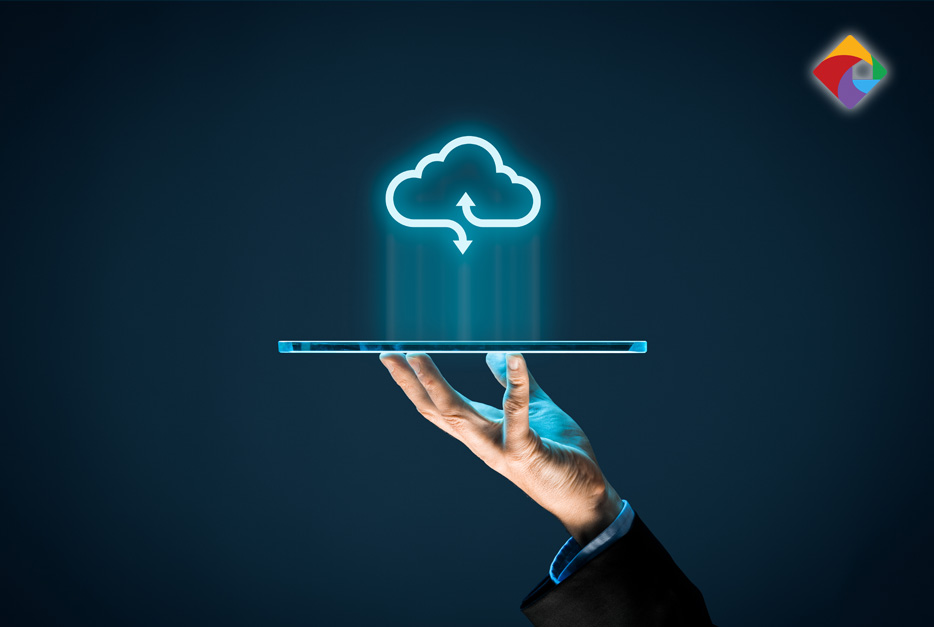
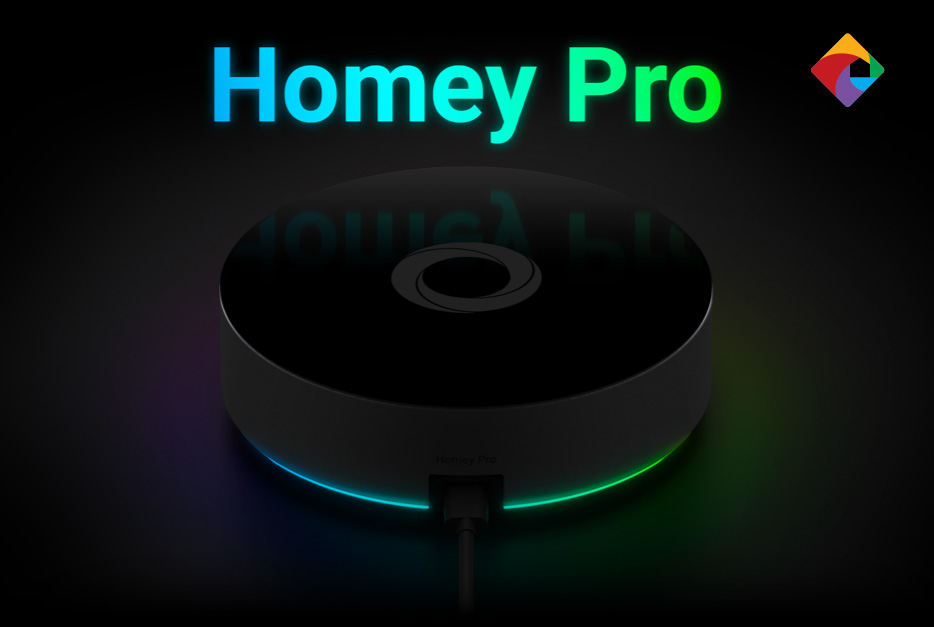
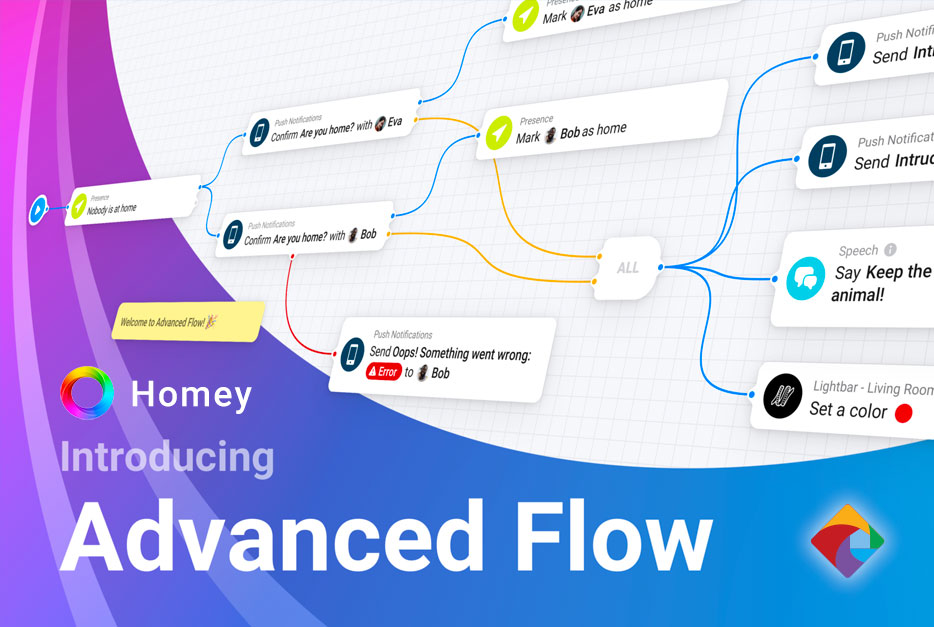
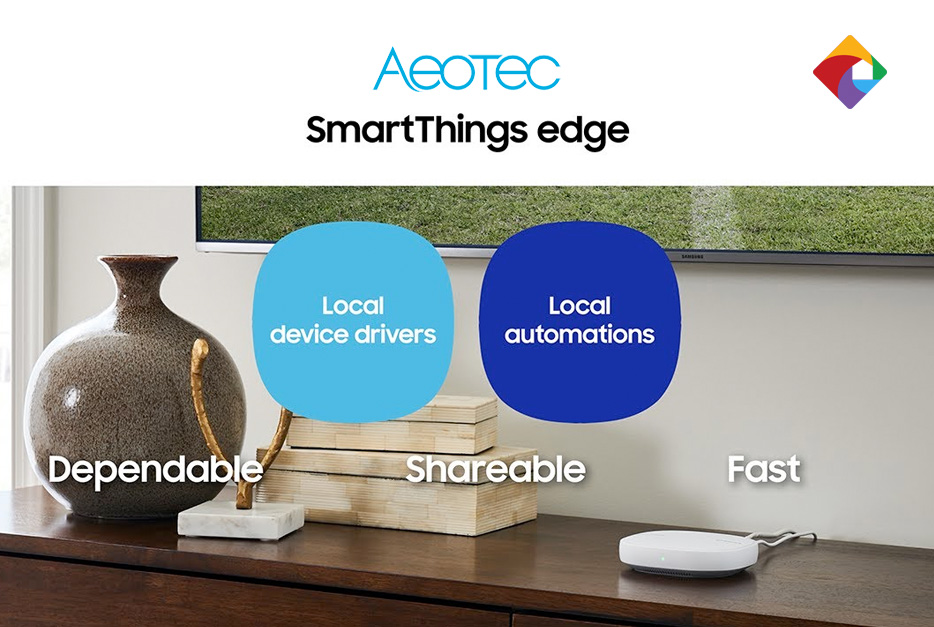
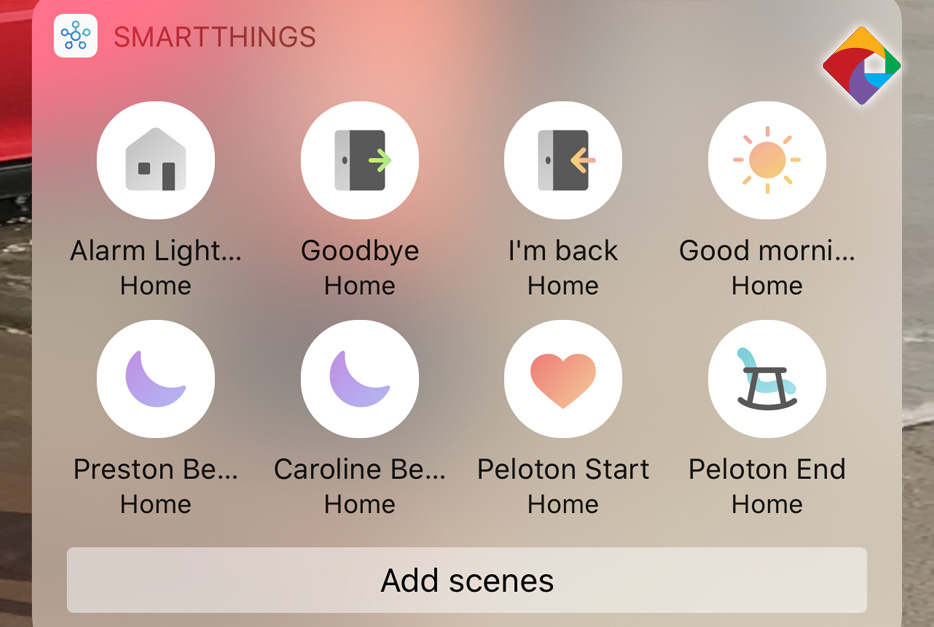
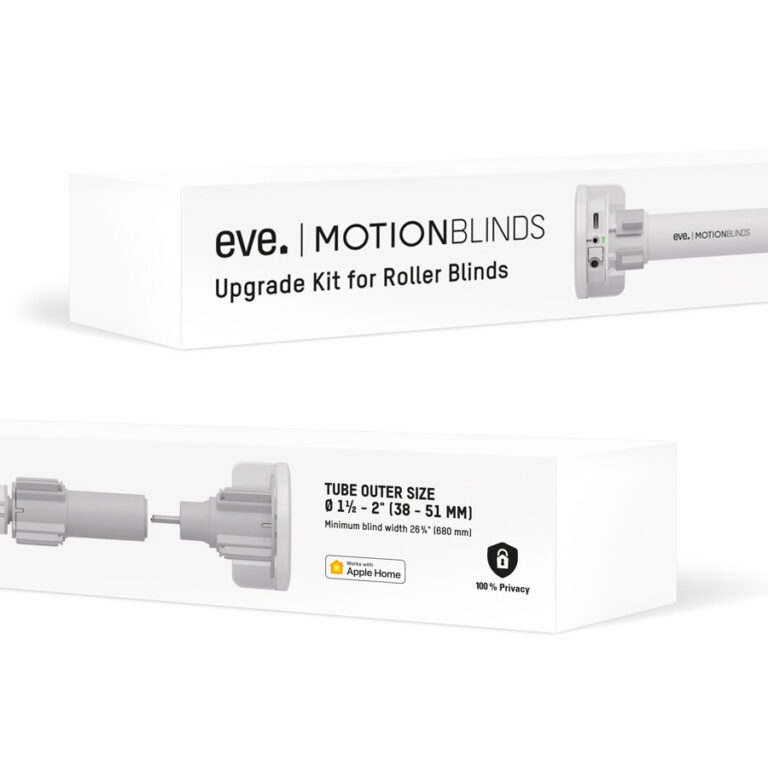
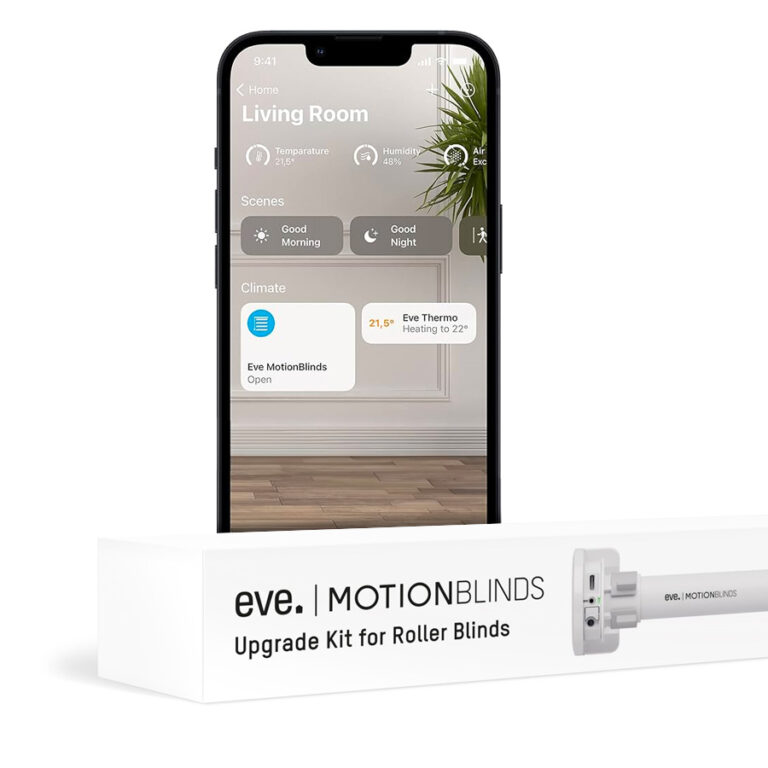
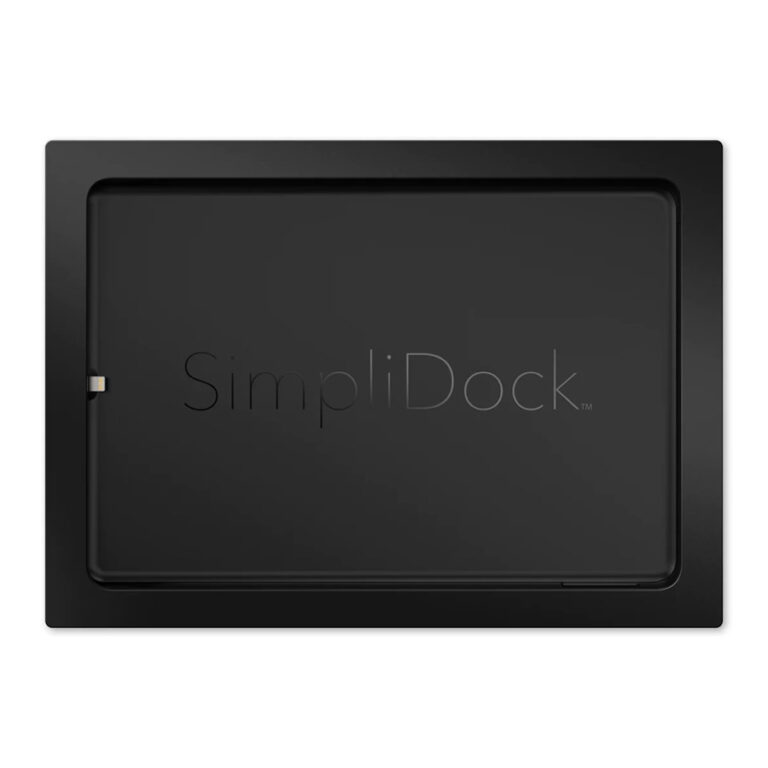
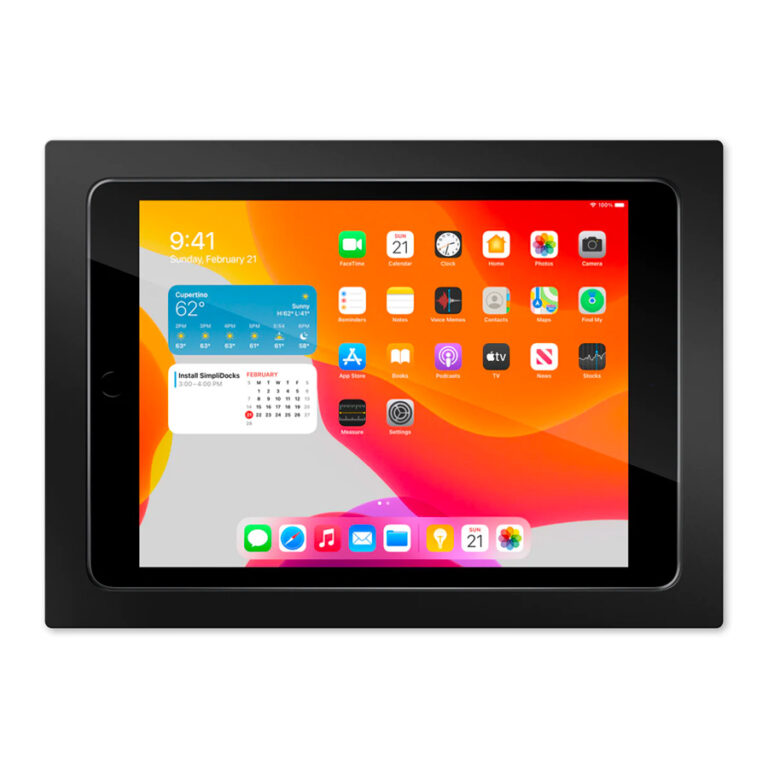
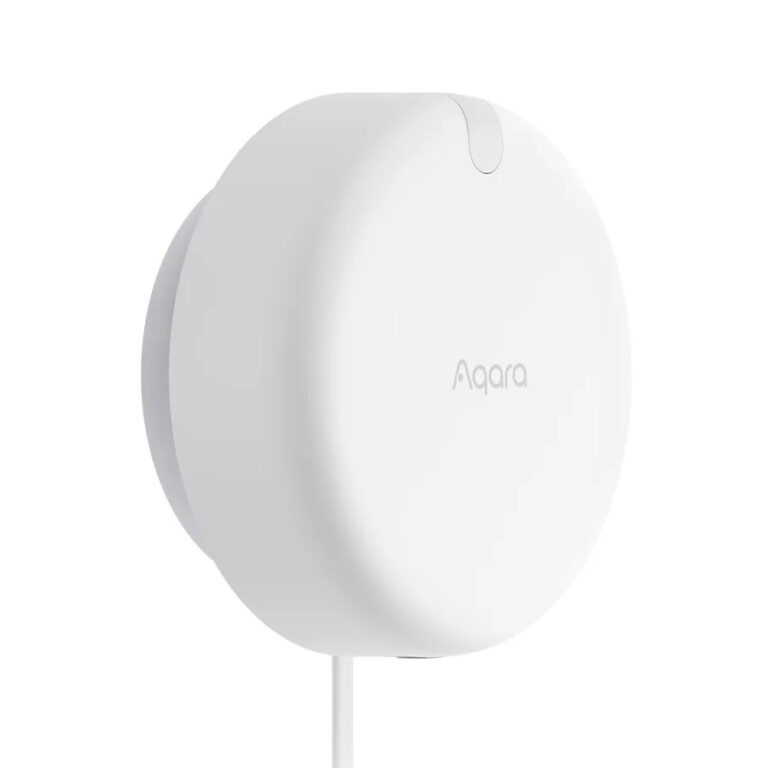
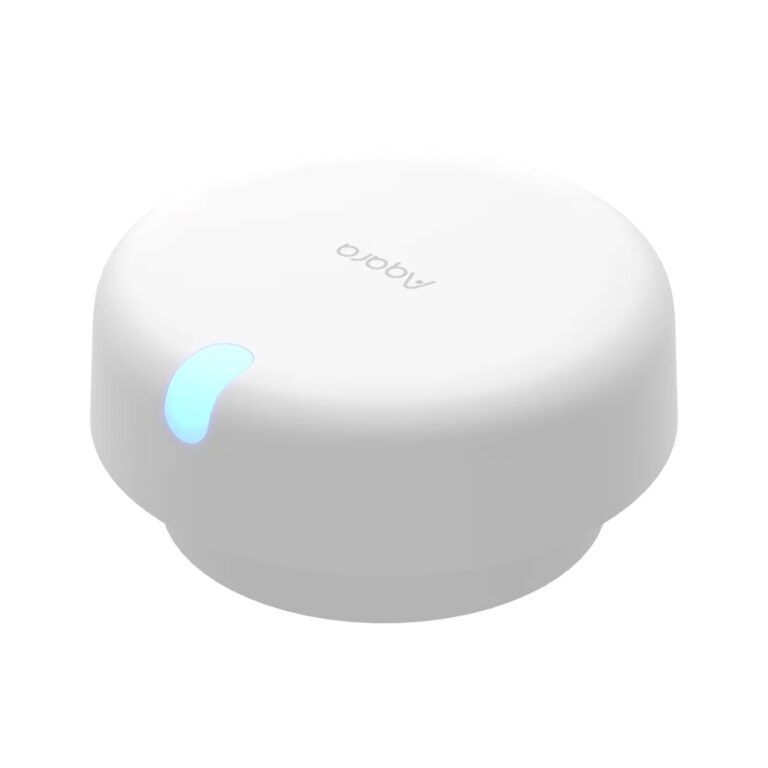
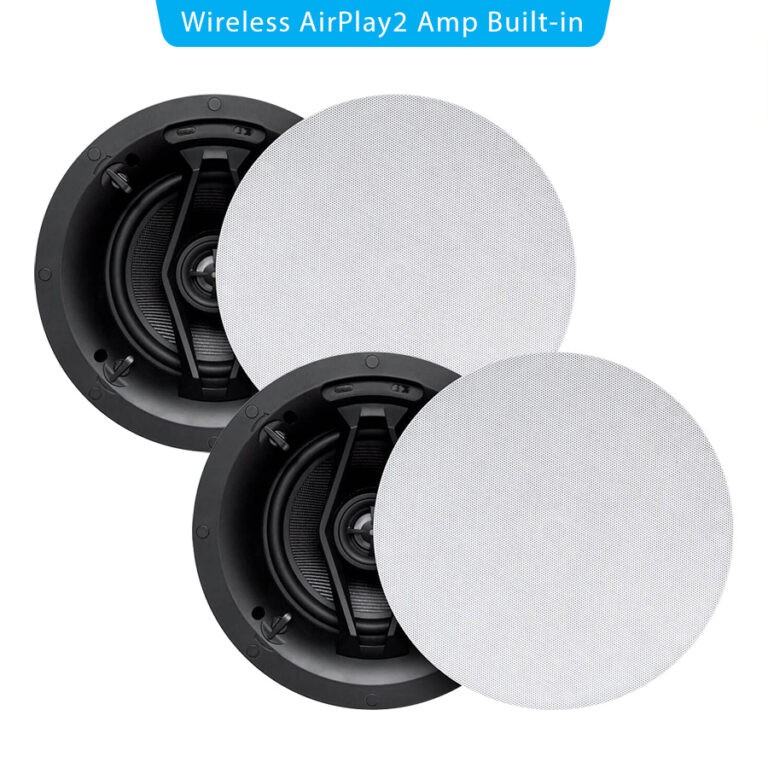
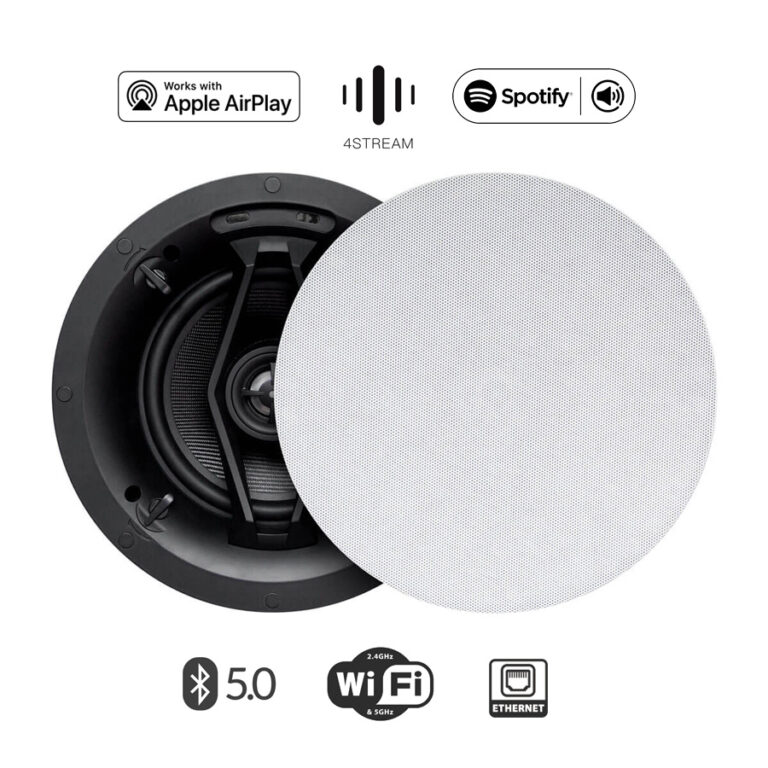
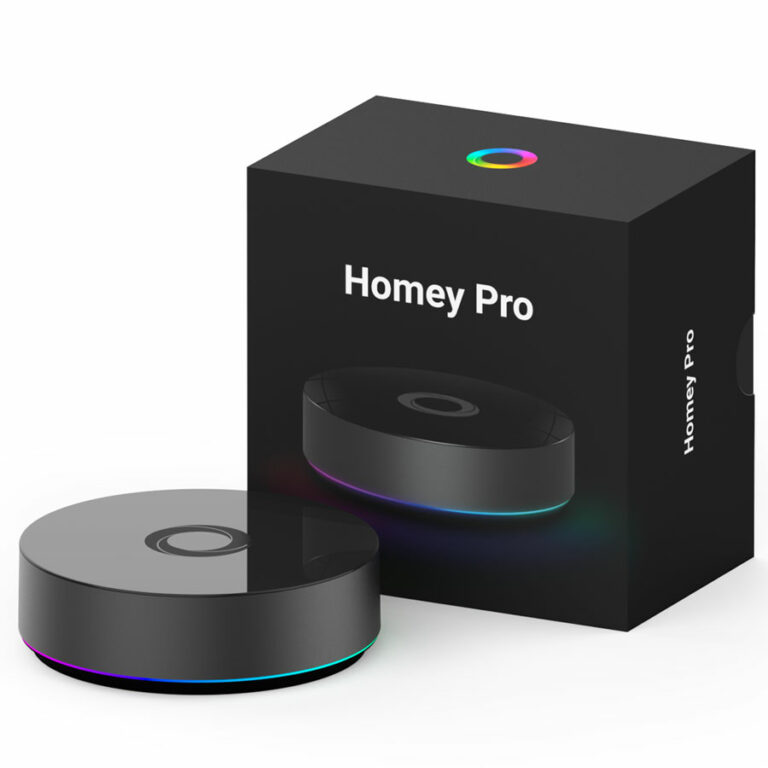
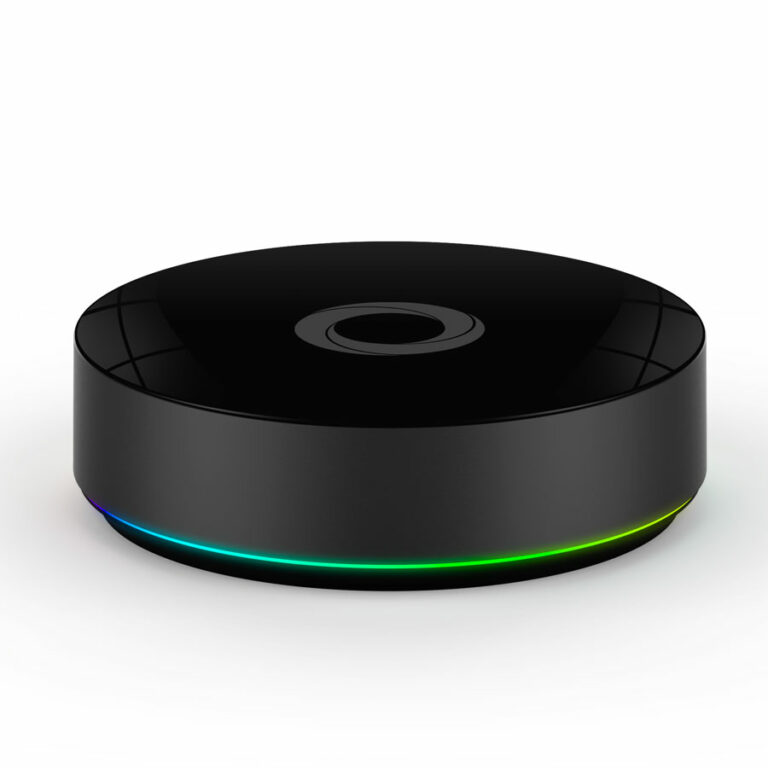
Hi, I’m looking to control my parents watering system remotely from my (there) phone while they are on holidays. My father spends hours planting tomatoes, beans, peas, strawberries, onions, lettuce…… you get the picture. They are all reliant on water. Getting the right amount. To little and they die. To much and they get sick. What I thought would work is remotely controlled irrigation system with a camera to ‘see’ how wet the ground is. So maybe a wifi camera connected to a wi fi 4G router with a sim in it. Also a couple of Shelly 1 Plus Wi-Fi Relay Switch’s to operate a couple of watering system solenoids. My dad can then log on to the cameras every afternoon when away to see how wet everything is and then turn the sprinklers on and off as required.
Could you please advise of the best way forward?
I think your solution sounds great – not much to add… what you describe should work very well.
Thanks for the clear precise information . Can you give some comparison with Aeotec vs Yubbi from Fibaro?